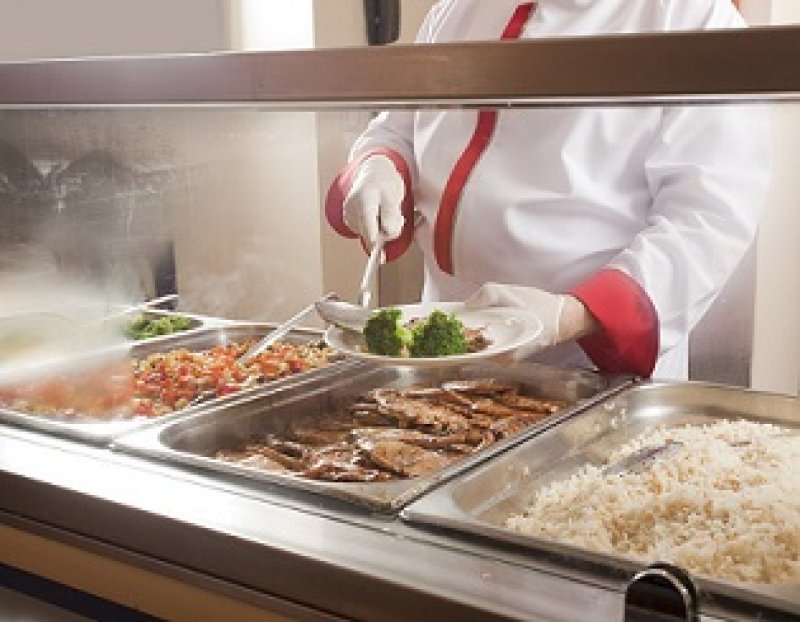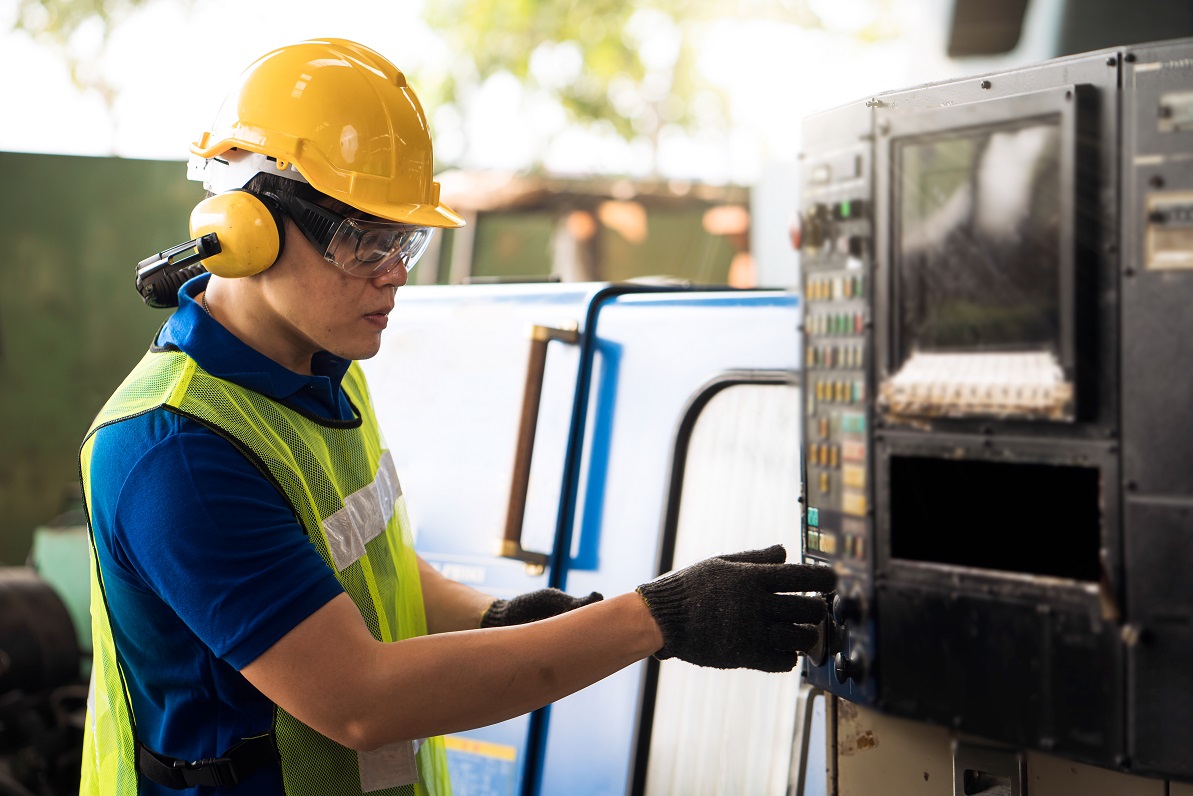Resources
How to prevent food poisoning in the summer?
Written by RMPersonnel on 05/17/2018.
Since there are now more and more jobs which relate to offering refreshments and food, we have prepared some tips for you including, how to take care of your food during hot months. This can be used at work as well as in the household. The risk of being poisoned by food increases significantly during summer months. This is due to several factors including insufficient hygiene or insufficient heating process. Let’s have a look at the tips below.
Food poisoning is considered to be a condition in which a person, after food consumption, feels bilious, vomiting, or a pain in the belly and fatigue. This might be due to bacteria and viruses, such as salmonella, campylobacter, Escherichia coli or clostridium. Toxins and mold are at fault, as well as parasites such as tapeworm and roundworm. Most of them can be prevented.
1. Clean hands and Working space
The most fundamental prevention, especially during summer months is to maintain a clean working space and regularly wash your hands. People who work in gastronomy must use clean accessories and clean working clothes. Especially in case when they offer food in car buffets, it is important to make sure hot water and soap are available, so staff can wash their hands. Gloves are very important.
2. Thorough food washing
Along with keeping hands clean, it is important to properly wash food, vegetables, and fruit. Even wash the food when it is labelled as pre-washed goods. According to the FDA, green good such as salad, spinach or cabbage are groceries facing the biggest risk, since they are prone to be attacked by bacteria once they are cut. You don’t have to wash each leaf, but make sure a salad is properly washed before consumption. Keep in mind to use a special chopping board when cutting raw meat, chicken and fish.
3. Proper food storage
Cooked and raw food must be kept separately. Cooked food must be consumed as soon as possible. With packaged food make sure to check the expiration date, which cannot be exceeded. Groceries, which look suspicious or have a bad smell must be thrown away immediately.
4. Take care when using a grill
Often a cause of food poisoning is grilled meat. Most people rely on its color and don’t check, whether meat is properly cooked. Take care when grilling and always check, whether the meat is properly grilled. Ideally you will use a thermometer, so you can check the temperature. When you making a hamburger, the inside temperature should be 160° F. If you want to increase the safety, use marinades which contain lemon or vinegar. Sour marinades tend to slow down process of bacterial growth.
5. Defrost meat safely
When using frozen groceries, pouring hot water on meat or just leaving it in the kitchen is not the way to defrost. In the moment the temperature is above 40 F° bacteria can start growing. Defrost meat by using cold water, or move meat from freezer to the fridge and leave it there for the period of 24 hours. Please be careful when defrosting vegetables and always check, that the package is not damaged.
6. Don’t leave food outside
Groceries must not be out of the fridge for more than 2 hours. During summer months, this interval is even shorter. When transporting groceries from a supermarket, use cooled bags and put groceries to the fridge as soon as possible. This applies to freshly cooked food – leftovers must not be kept on the cooking stove, but cool it down and place it into the fridge.
Go back













 >> Meat Handler 2nd Shift
>> Meat Handler 2nd Shift >>
>>  >>
>> 